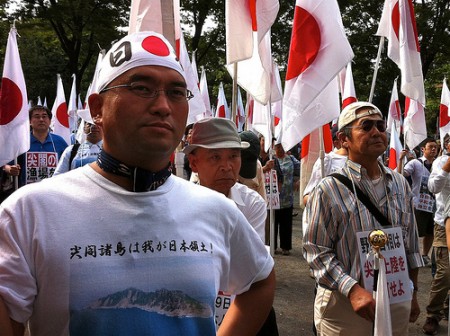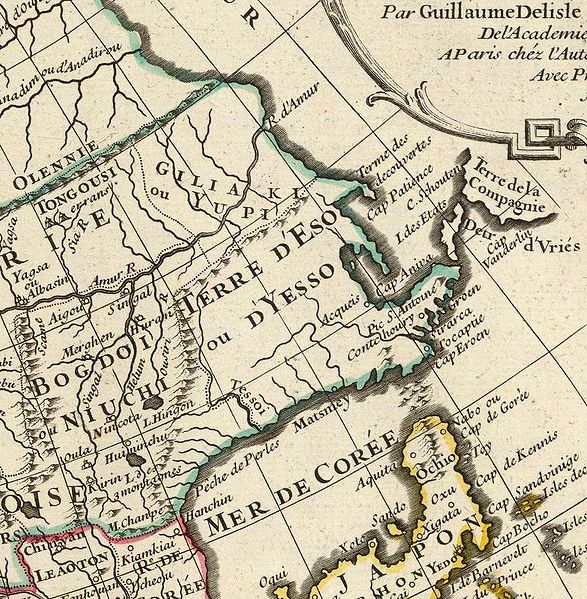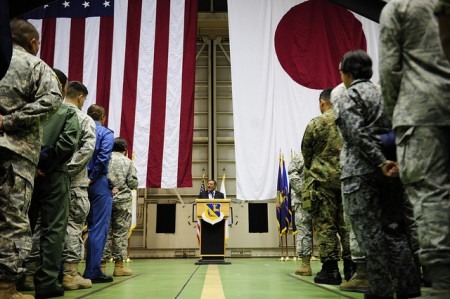
Deep down Luzius Wasescha is a multilateralist. Until July 2012, Wasescha led the Swiss delegation to the WTO in Geneva, where he was widely respected for his negotiation skills. Ultimately, he is probably not happy about the Doha Round being deadlocked and would prefer a multilateral trade agreement to the proliferation of bilateral accords that have been concluded recently.
Yet, in part, Wasescha is also responsible for the stalemate at the WTO – in his capacity as Switzerland’s representative. As the former speaker of the G10, a group of agriculturally protectionist countries, he fought against a substantive reduction in tariffs on agricultural imports. Those tariffs are part of the conflict at the WTO between developed and developing countries that is holding up the Doha Round.




